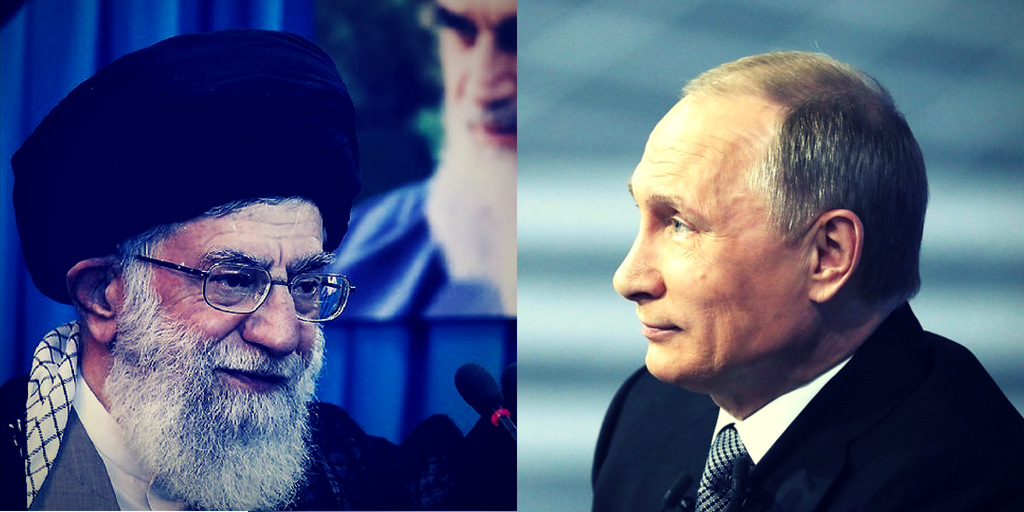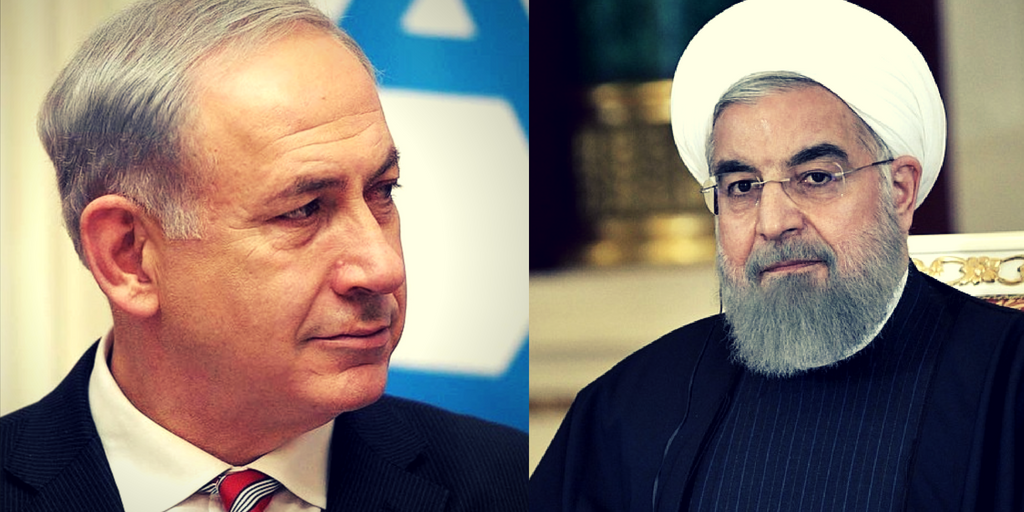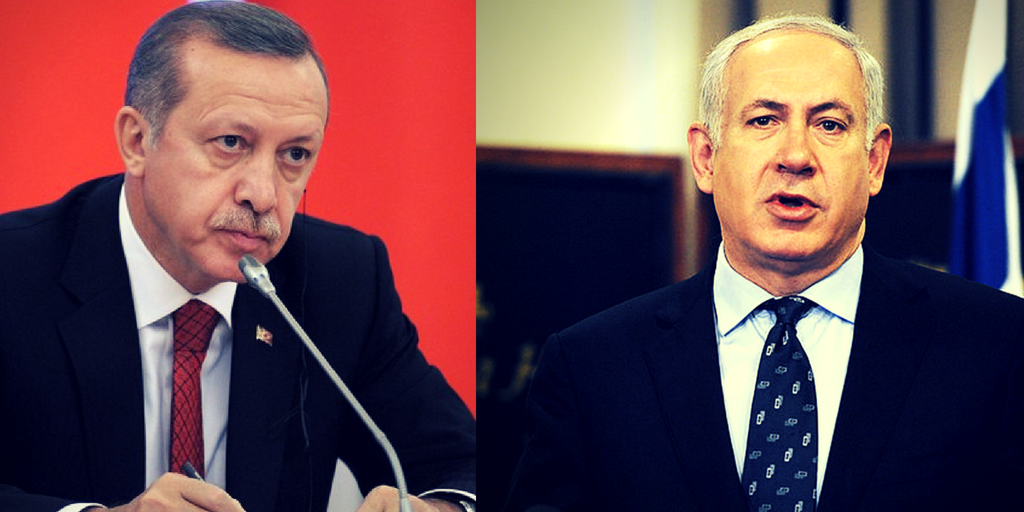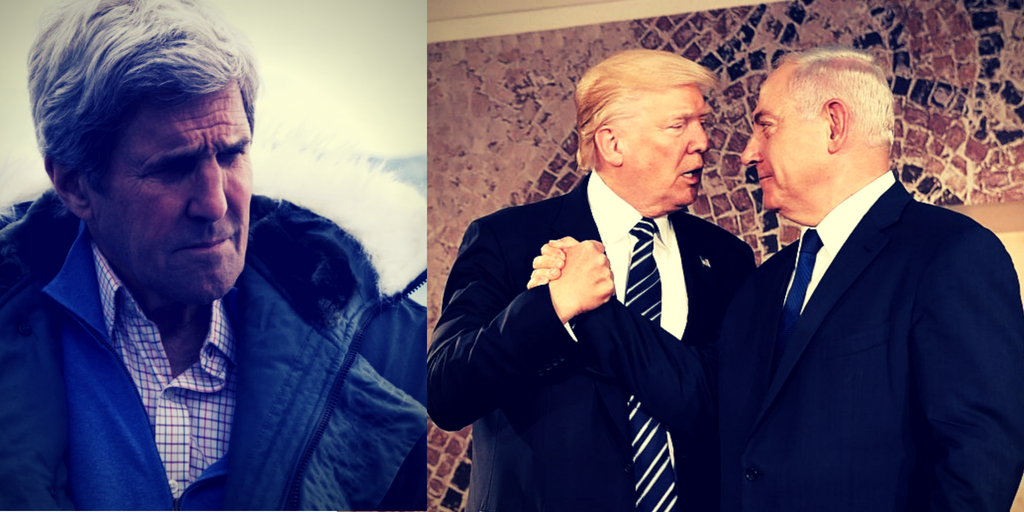Despite the constant drumbeat of pseudo-security blogs and magazines like SouthFront, ZeroHedge, and SputnikNews claiming that the Russian and Iranian partnership is something akin to a strategic alliance, that if one relies only on those sorts of sites for regional affairs they come off baffled by Putin’s agreeable attitude towards Israel’s security demands visa vi Iran.
Regardless of the desires of most of these pro-Iranian English media outlets there has never been reason to believe that Russia and especially Putin saw Iran as anything more than a tool to clean out the Western back jihadists who came onto the scene under Obama. Putin approached Syria carefully without a strong desire to place meaningful troops on the ground. Assad was close to being toppled so the only real foot soldiers available at the time were Hezbollah and Iran.
Now that Assad is comfortably in control of the southwestern part of Syria, minus Darra and the Golan area, Iranian troops as well as Hezbollah are far less useful to Putin whose only interest is holding onto Syria as a strategic location for his fleet in the Eastern Mediterranean. More so, Putin has a strong distrust of Iranian goals in the region and ultimately sees Tehran as a competitor on the energy production scene.
Putin and the Russian military do not see Iran as a reliable strategic ally. They do however, see Israel as a stabilizing force in the region and although at odds with its Western bent, Putin and his team trust Israeli intentions not to inflame the region. More so, they believe Prime Minister Netanyahu’s intent to stop Iran at all costs, which would ultimately send the region into a period chaos. This is something Russia cannot afford at this point.
It is also key to look at the historical relationship between Russia and Persia (Iran). Between the 17th and 19th centuries they fought a total of five wars, which ultimately saw Russia overpower the Persian empire.
In short, Putin’s strategic goals line up far more with Israel’s security needs than they do with Iran’s hegemonic desires. Couple this with a negative history between Iran and Russia and it is easy to see why Putin is ready to encourage the Ayatollahs to leave Syria.






